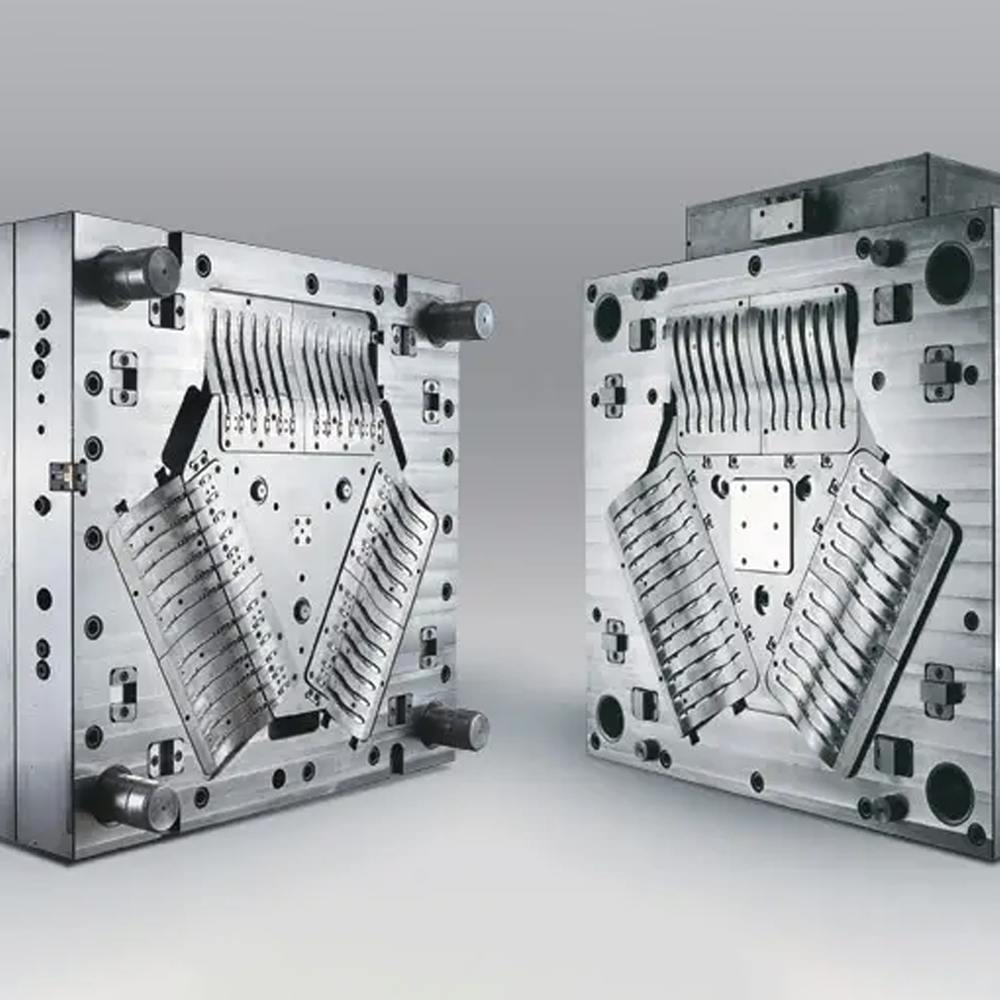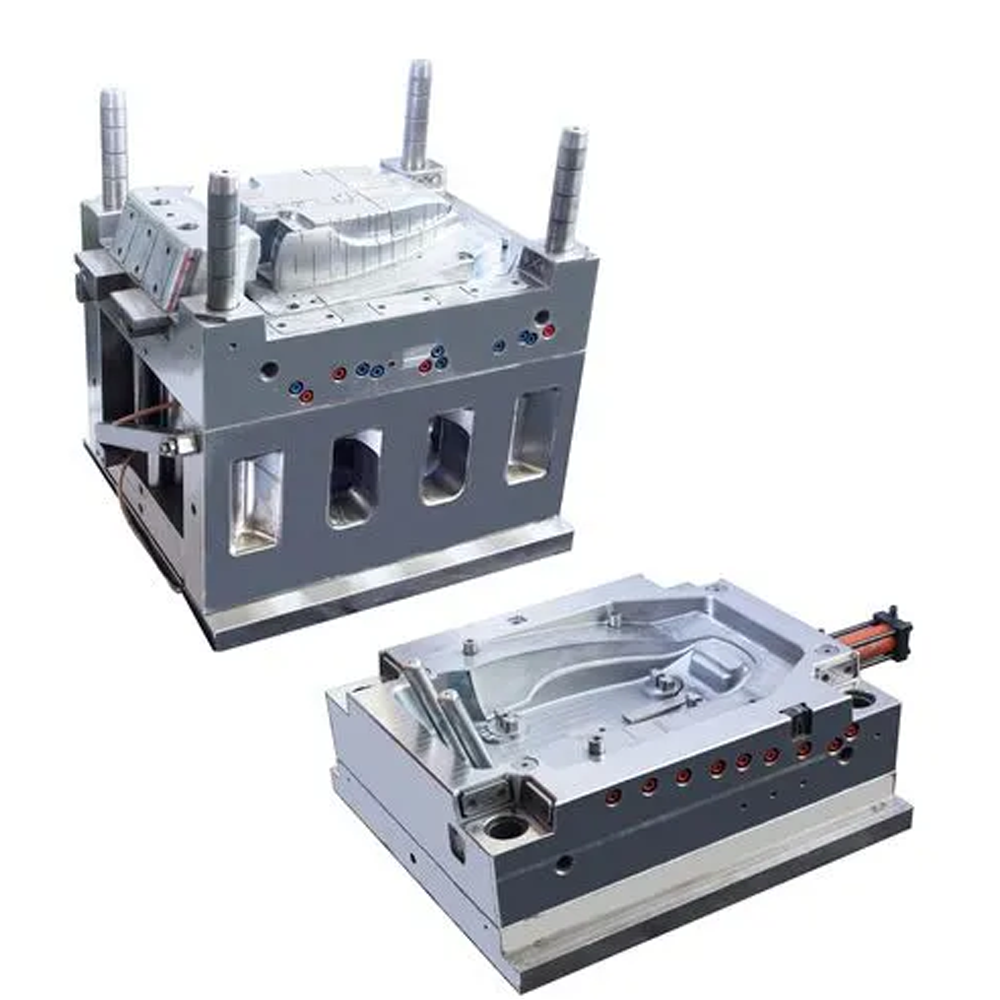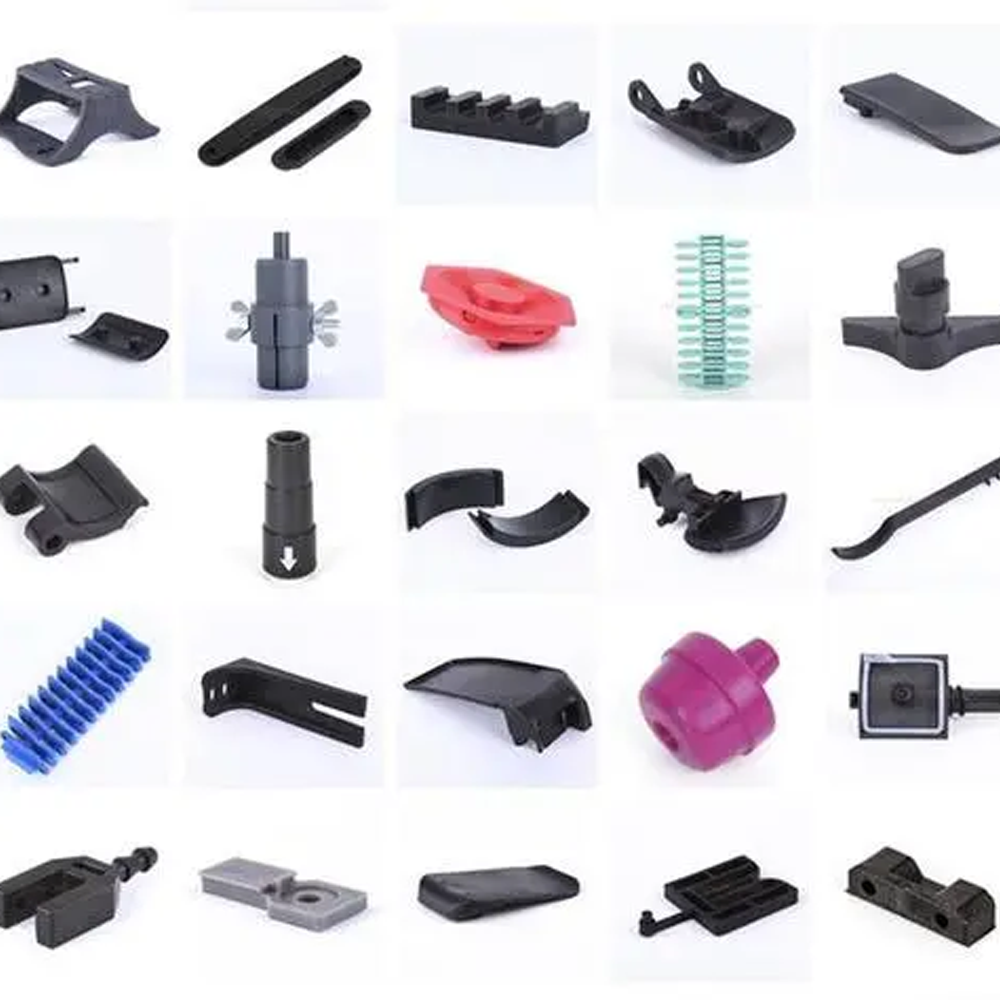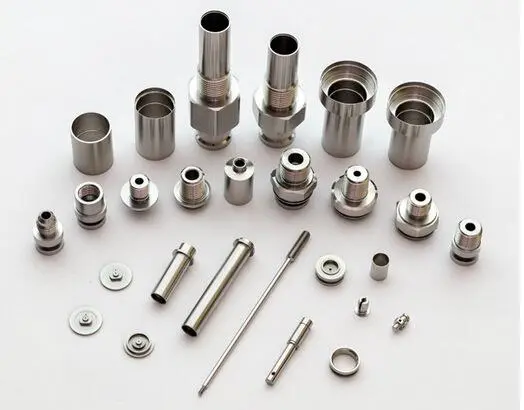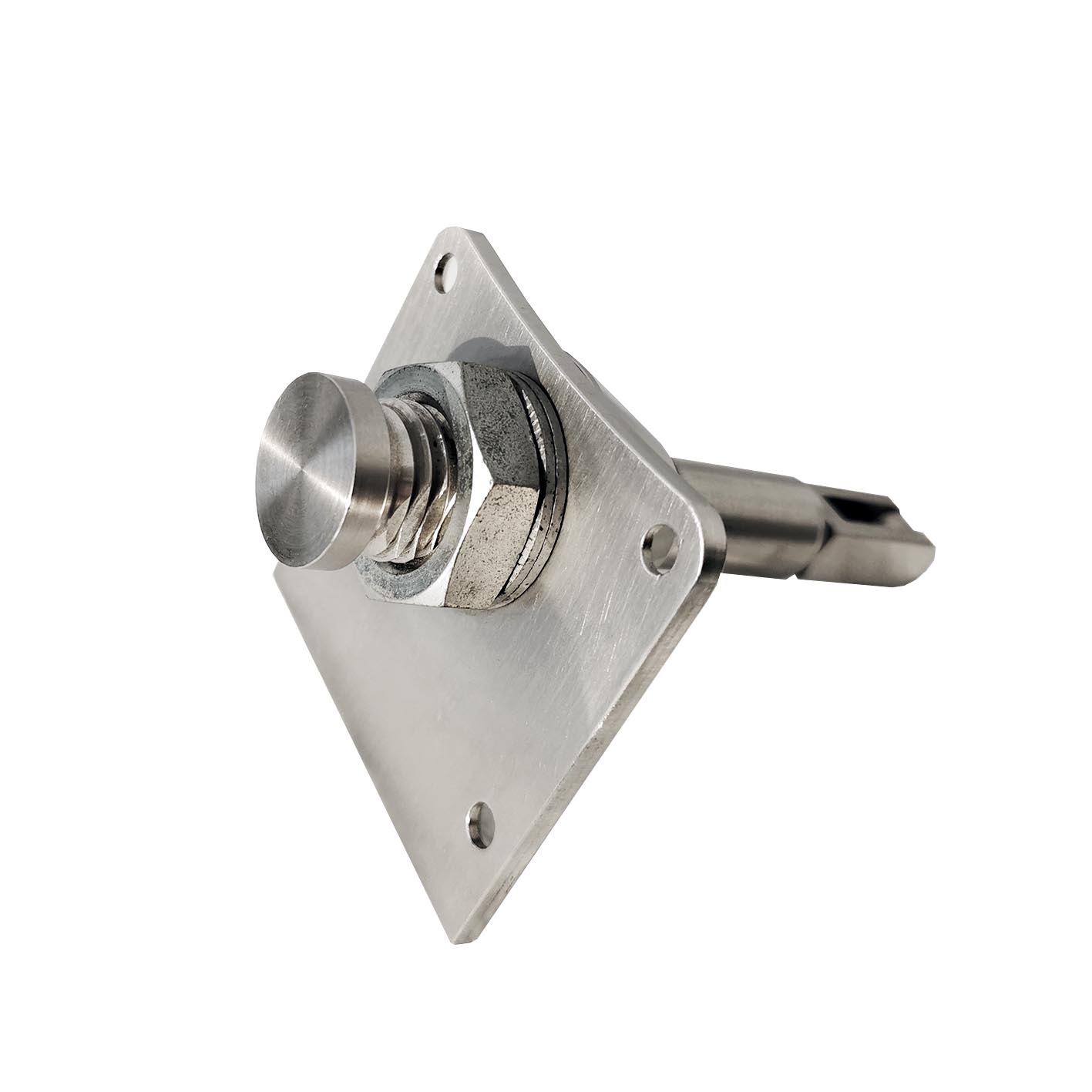The sheet metal production process powers the industry, and almost every type of customizer relies to some extent on parts, specialized components, structures or equipment directly resulting from sheet metal manufacturing. From large industrial structures and brackets to the most sensitive digital components, metal plates play a key role.
What is sheet metal processing?
In precision machining plants, sheet metal manufacturing is made up of almost as many individual processes and tools as the applications it serves. Their common goal, from laser cutting to stamping forming, is to transform a piece of metal material for use in a specific project. This can be done in a number of ways.
Bend Forming & Laser welding
The bending process in sheet metal utilizes unique tools, such as bending machines, to create U-bends, V-bends, and custom shapes from flat sheet metal. Folding, machining, and stamping are all common methods of bending or forming metal. Rotary bending and elastomer bending can create new shapes even when the surface is finished and fine, while punching is an example of precision manufacturing using a die.
slice
The sheet metal cutting process can involve a variety of tools, from basic to advanced. Custom cutting of special alloys, precious metals and especially hard materials usually requires the use of laser cutting. This process can improve precision and precision when cutting products, as well as increase efficiency, as computer-aided programs ensure that the most efficient graphics are used.
join
Typically, a part cannot be created from a single, flat sheet of metal - some form of welding process or assembly must combine two or more separate parts together. Riveting, bonding, brazing, and welding are all different ways to create a single bound metal component.
complete
Once a piece of metal has been cut, shaped, bent, or otherwise finished, it can be finished and protected with paint, powder coatings, wire mesh, and other customized surface treatments. Some of these automated surface treatments are designed to give the metal unique properties, such as added strength, electrical conductivity, corrosion resistance or specialty chemicals.
Select materials
Some materials are easier to process than others for precision parts, making material selection an important step in any sheet metal manufacturing process. In addition to getting the best final cost and performance match, careful study of material selection by precision machining manufacturers can save a lot of money, time and effort for the project.
Material selection also helps determine the best manufacturer for the project. Many parts processing customizers specialize in special materials or pride themselves on offering a full service package in one facility. Sheet metal machining with precision tolerances such as precision machining, precision forming and laser cutting are just some of the unique services offered by specialist manufacturers.
